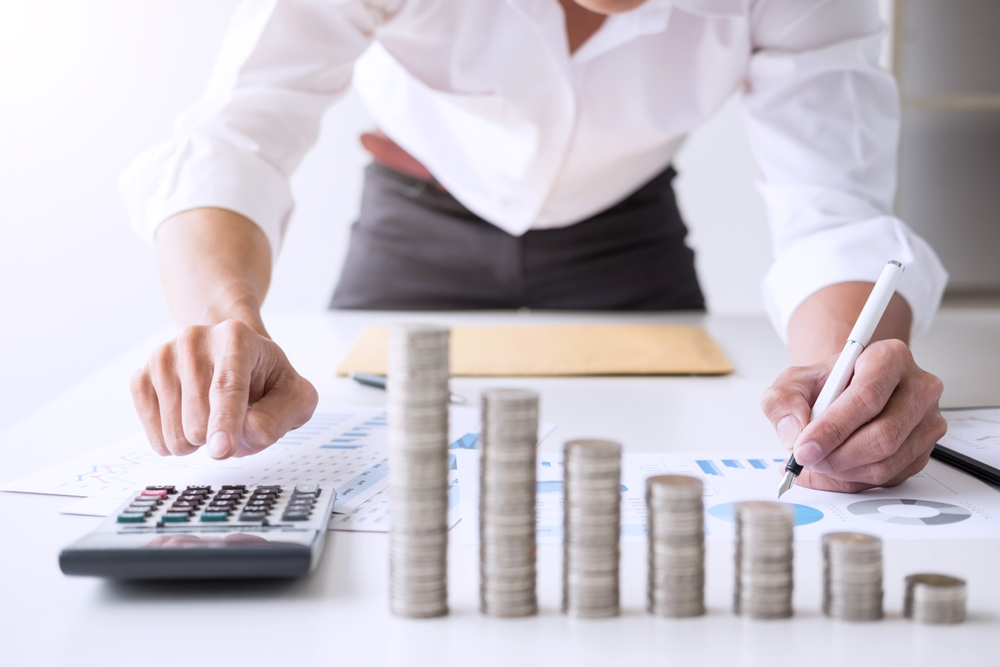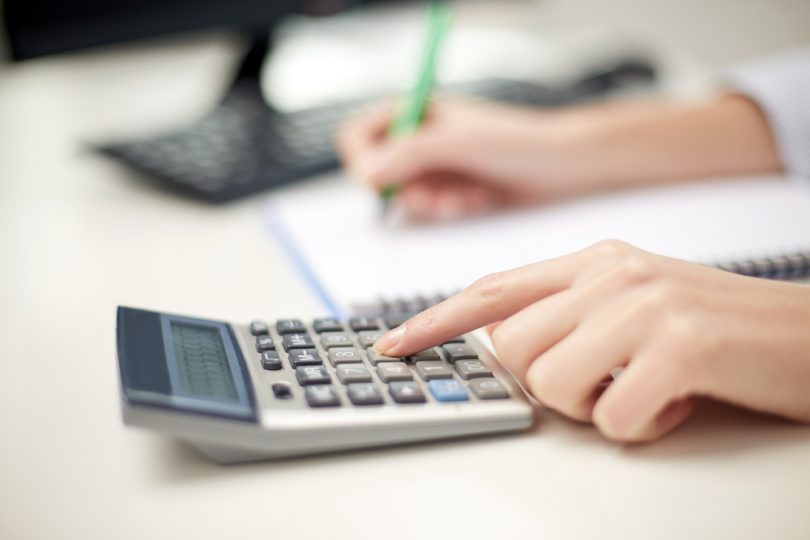Getting fully qualified as a certified public accountant (CPA) is your route to a rewarding, varied career in finance.
It is not the only accountancy option available, but it is very much the gold standard in the US.
If becoming a CPA is your ambition, this brief guide to the steps you need to take will outline the education and training required of professionals in this field.
Degree Requirements
Before attaining your CPA license, you will need to complete a bachelor’s degree in a major of your choice.
There is no specific rule regarding the major you should pursue, although obviously it makes sense to focus on finance, business or accounting itself in your post-high school studies.
The American Institute of Certified Public Accountants (AICPA), which publishes a guideline for aspiring CPAs to follow, asks for 150 credits to be achieved by applicants, which is above the number of credits usually accumulated over the course of a bachelor’s degree.
This is why most people also either get a master’s degree in addition to their bachelor’s, or follow a specific CPA-focused postgraduate course.
The former will take longer and increase your student debt, but could result in better paid positions after you have qualified, so there is a balancing act at this point.
Regional Differences
It is worth noting that there are actually different requirements for CPA candidates to meet depending on the state and territory in which they live and hope to work.
The distinctions can be fairly stark; for example, in Alabama you do need to be a US citizen to be licensed, although this is not the case in Idaho.
Being sure to check all of the factors at play and matching your circumstances to the rules and restrictions is the best way to avoid disappointment.
Professional Experience

Another thing to keep in mind when studying to become a CPA is that you might also be required to get some paid experience under your belt before you complete the exam and attain your license.
This is once more an aspect of the process that varies from state to state, but it is fairly common for students to complete their accounting degree and even their master’s, then get a job at a firm and work a lower level job for a few years before applying to complete the CPA exam.
Preparation
The pass rate of the CPA exam is around 50%, meaning that there is a fairly strong chance that you will fail unless you are thoroughly prepared.
Indeed, the AICPA explicitly points out that pass rates will only increase in periods during which especially well-prepared participants take the test.
Because of this, starting your preparations well in advance and taking courses designed to help you succeed is sensible.
Even if you think you have learned all you need to know about accounting during your bachelor’s degree or subsequent training and on-the-job experience, it is always better to avoid taking unnecessary risks and put all your effort into studying for this pivotal exam.







